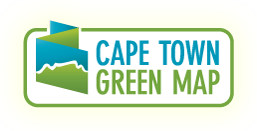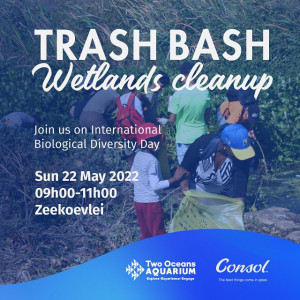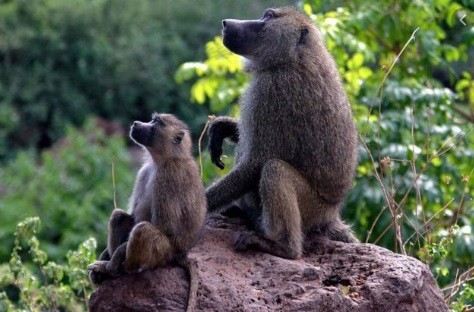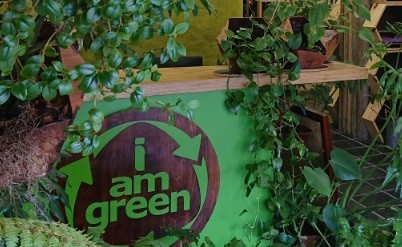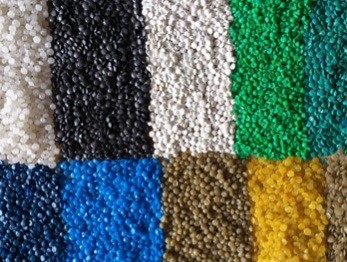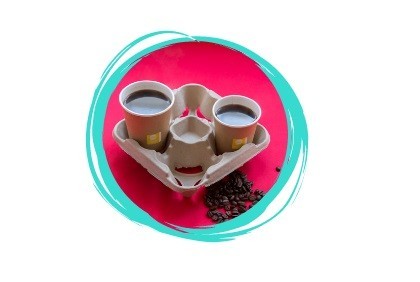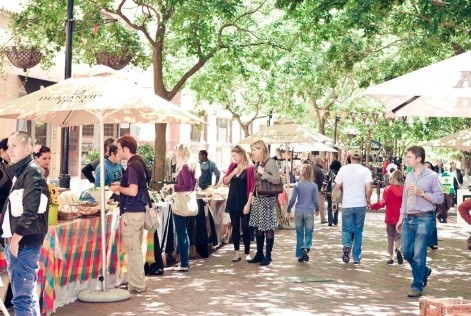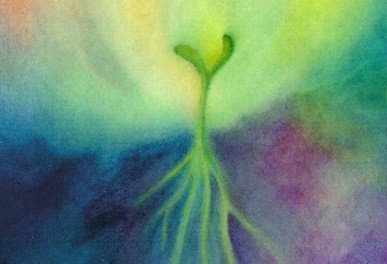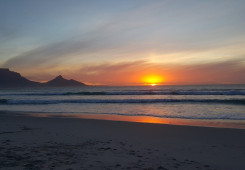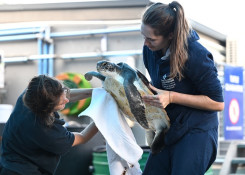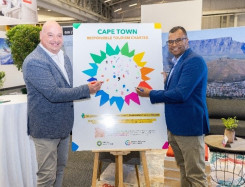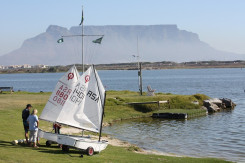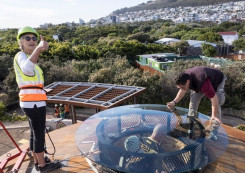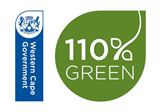Zeekoevlei Nature Reserve is where the Two Oceans Aquarium will be celebrating International Day for Biological Diversity on 22 May 2022 ,by hosting a Trash Bash to clean up the environment and help prevent litter from entering the ocean.
The Aquarium has again teamed up with Consol Glass for great prizes for the three closest guesses of the amount of trash will be collected on the day. Prizes to be won are Consol Glass solar jars, Two Oceans Aquarium reusable shopping bags as well as Aquarium tickets. To stand a chance to win one of these prizes, register your attendance on the day and record your guess of how much trash you think will be collected.
What is International Day for Biological Diversity?
In 2000, the United Nations adopted 22 May as International Day for Biological Diversity. This day is commemorated each year and celebrates biodiversity and its importance to the sustainability of life on Earth. All organisms are intricately linked through biologically diverse ecosystems. Without biodiversity within these ecosystems, life as we know it cannot exist. We need to realise the importance of not only preserving existing biologically diverse areas, but also investigating the restoration of biological diverse systems that have already been destroyed.
Why Zeekoevlei Nature Reserve?
Zeekoevlei Nature Reserve was established in 2000 and forms part of the preservation of Cape lowland freshwater wetlands ecosystems. Wetlands are incredibly important for the health of the ecosystem as they act as natural water filters, prevent erosion, prevent flooding, and recharge groundwater reserves. But most of all – wetlands are hotspots for biological diversity. Therefore, to celebrate International Biological Diversity Day, it makes sense to train our focus and cleanup efforts on a wetland that contributes to the high biological diversity within the Western Cape, such as Zeekoevlei Nature Reserve, where many waterbird species and wetlands animals and plant can be found. Wetlands are direct connections to the ocean. By cleaning up a wetland, litter is prevented from making its way into the ocean and therefore the cleanup not only contributes to the health of the wetland, but also to the health of the ocean ecosystem.
Why do cleanups like Trash Bash?
Our oceans are experiencing a human-made plastic crisis. Pollution, much of which is plastic, is permeating every inch of our planet’s big blue heart - and we are responsible. By hosting, and taking part in cleanups like Trash Bash, we are helping to remove some of this litter from the environment.
Unlike natural biological materials, plastic doesn’t break down when it is left in the environment. It actually breaks up into smaller and smaller pieces. Removing large, and small pieces at the same time, interrupts the flow of plastic and litter and the amount of plastic in the environment is reduced. Plastic has been found in all stages of the food chain – from the smallest animals like plankton, all the way to the largest, like whales. Removing plastic from the environment and preventing it from entering the ocean is absolutely essential.
What about humans?
Cleanups, like Trash Bash, is a great way of getting out into nature and doing something good for the environment. These events also provide great opportunities for communities to connect and take responsibility for the environment in their area, and for individuals to connect with the natural world around them.
What about science?
Trash Bash uses the Dirty Dozen method. This method focuses on the 12 litter items most commonly found during cleanups. Attendees work together in groups and record everything collected, paying particular attention to the Dirty Dozen items (bottle caps, plastic bags, straws, etc.). At the end of the cleanup, the data is collated and contributes to research which focuses on tracking the different sources of marine litter. To make this process even easier, the Two Oceans Aquarium encourages all participants to download the Marine Debris Tracker app on their phones. This app can be used to record all the litter collected, including the Dirty Dozen and makes data tracking easy.
Trash Bash is an event specifically aimed at encouraging people to have fun, while making a difference to the environment.
What to bring: Weather-appropriate clothing, water in a reusable bottle, reusable gloves like the ones one would use for gardening or doing the dishes, and all your enthusiasm, friends and family!
WHAT: Trash Bash to celebrate International Day for Biological Diversity
WHERE: Zeekoevlei Nature Reserve - enter at the corner of Flowerpecker and Butcherbird streets, Pelikan Park, Cape Town 7941
WHEN: Sunday 22 May 2020 Time: 09h00 – 11h00
INFO: Visit
See also MapMyWay
